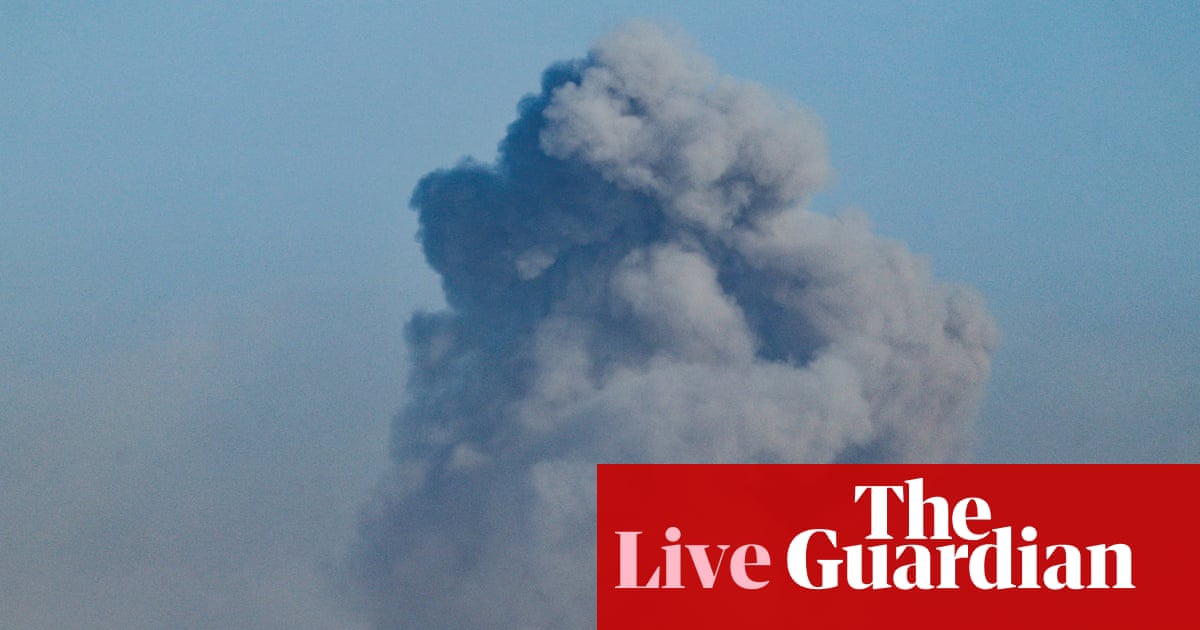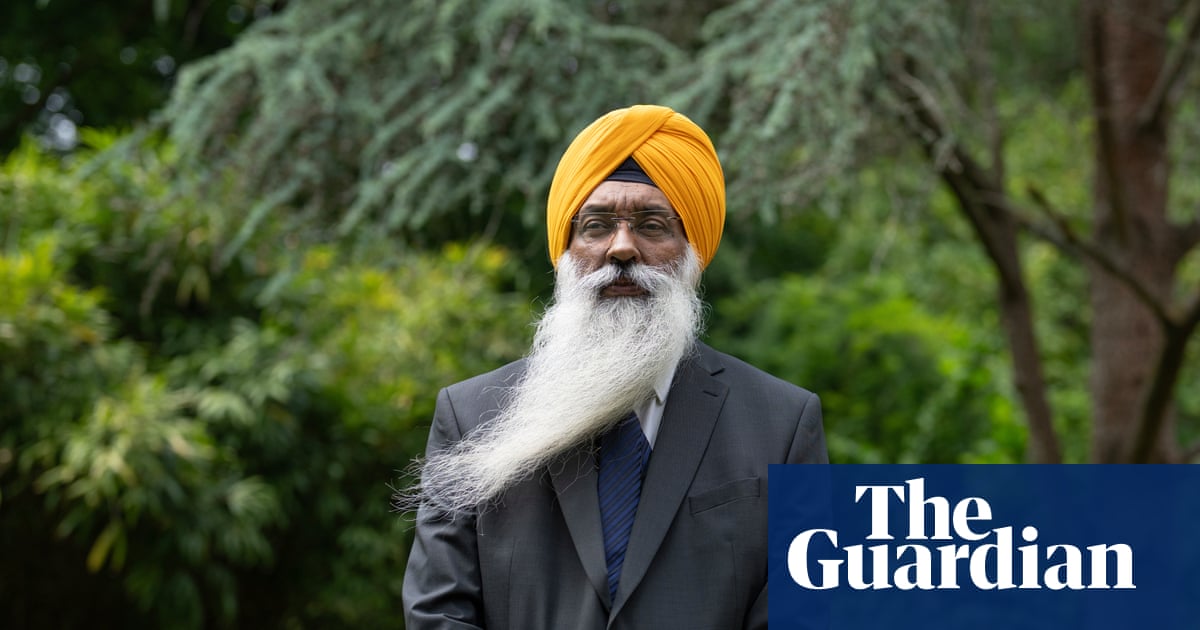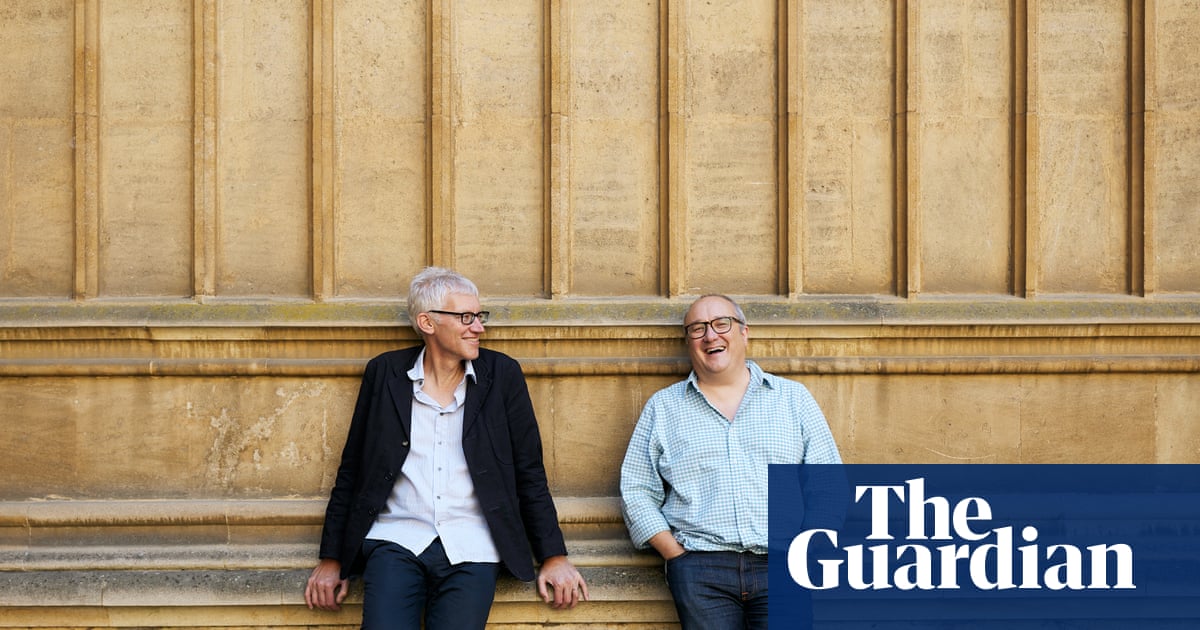Kiernan, a 24-year-old transgender person from Colorado, feels drained from dealing with legislation that consistently limits the spaces and freedoms of people like him. Since he transitioned in 2016, it’s been the same – first bathroom bills, then censorship in the education system – routine attacks on LGBTQ+ rights that Kiernan feels have now just become part of living in the US.
Now, in the wake of the Mahmoud v Taylor supreme court ruling, the stigmatization of these communities is likely to worsen.
The highest court in the US ruled that parents in Maryland’s Montgomery county school district can opt their children out of lessons that include books with LGBTQ+ themes and characters if they feel that it violates their religious rights.
The move angered LGBTQ+ groups and civil rights advocates who also say that the lengthy and judicial process of these opt-outs could have chaotic implications for the US education system nationwide.
“LGBTQ relevant books are just the beginning in accelerated censorship,” Sabrina Baêta, a senior member of PEN America, told the Guardian. “What’s to stop schools from backing away from any books that may be offensive? We have already seen other topics like Black history disappear as districts try to avoid anything potentially controversial.”
PEN America highlighted in a recent report that teachers may be more likely to overlook topics that require parental consent, thereby brushing over crucial books and subjects in classrooms that promote diverse identities and learning.
In administrative terms, the court’s ruling also poses problems for teachers and educators. Rather than focusing on lessons at hand, they will have to grapple with what is or isn’t appropriate on religious grounds. And while anything with LGBTQ+ themes will constitute a student being able to leave the classroom, it creates a grey zone for topics like science and history, where certain lessons – such as about reproduction – could be seen as now potentially inappropriate.
Opt-outs are believed by experts to have a pernicious effect on educational environments, but their implementation is not a new phenomenon. For a short period between the 2022-2023 school year, the Montgomery county board of education allowed them after introducing several “LGBTQ+ inclusive” texts into the curriculum.
Less than a year after the books were introduced, however, the board rescinded this option, saying: “it could not accommodate the growing number of opt-out requests without causing significant disruptions to the classroom environment.” Moreover, a school board official stated that permitting some students to opt out while stories were being told would expose others to “social stigma and isolation”.
“It’s really frustrating and a burden on my psyche,” Kiernan said, speaking on the mounting number of bills and legislation that have recently targeted LGBTQ+ youth.
“These bills aren’t doing anything positive for children; it’s a political agenda that’s trying to veil itself in support for religious people,” he said. “I wish it would go away. Let people be people and stop using us as a political scapegoat.”
Justin Driver, a professor at Yale Law School, submitted a document to the court in the Mahmoud v Taylor hearing in support of the Montgomery county school district, saying: “the decision succeeds in opening Pandora’s box in countless classrooms located in our nation’s public schools.”
Driver, who specializes in education law, believes it unwise that parents and students be granted the authority to veto individual school lessons and assignments, and added that legal experts have “long extolled local control of public education”.
“Public schools must now brace themselves for a dizzying array of curricular opt-out demands,” Driver said, adding: “the American education system will be much poorer for it.”
When the conservative-dominated court ruled 6-3 in favour, siding with the Muslim, Christian and Catholic parents who brought the case, justice Samuel Alito authored the majority opinion, and the three liberal justices – Sonia Sotomayor, Elena Kagan, and Ketanji Brown Jackson – were in dissent.
In the ruling, Alito wrote: “We have long recognized the rights of parents to direct ‘the religious upbringing’ of their children. And we have held that those rights are violated by government policies that substantially interfere with the religious development of children.”
While parents will be able to uphold these rights under the new ruling, teachers may be overwhelmed at the beginning of the school year. Schools could struggle to determine what constitutes infringement on someone’s religious liberty while simultaneously honouring the freedom of speech guaranteed by the first amendment.
Assessing the validity of removing books on religious grounds will also be problematic, given the broader ongoing campaign by parents’ rights groups and religious organizations to remove LGBTQ+ content from schools across the nation, especially in Republican-led areas.
“The creation of opt-outs is license to censor the very existence of the LBGTQ+ community and their families,” PEN American writer AJ Connelly concluded in her report. “It is not difficult to imagine that other groups might soon be added to the list of those who may not be named,” she added.

.png) 2 months ago
29
2 months ago
29

















































